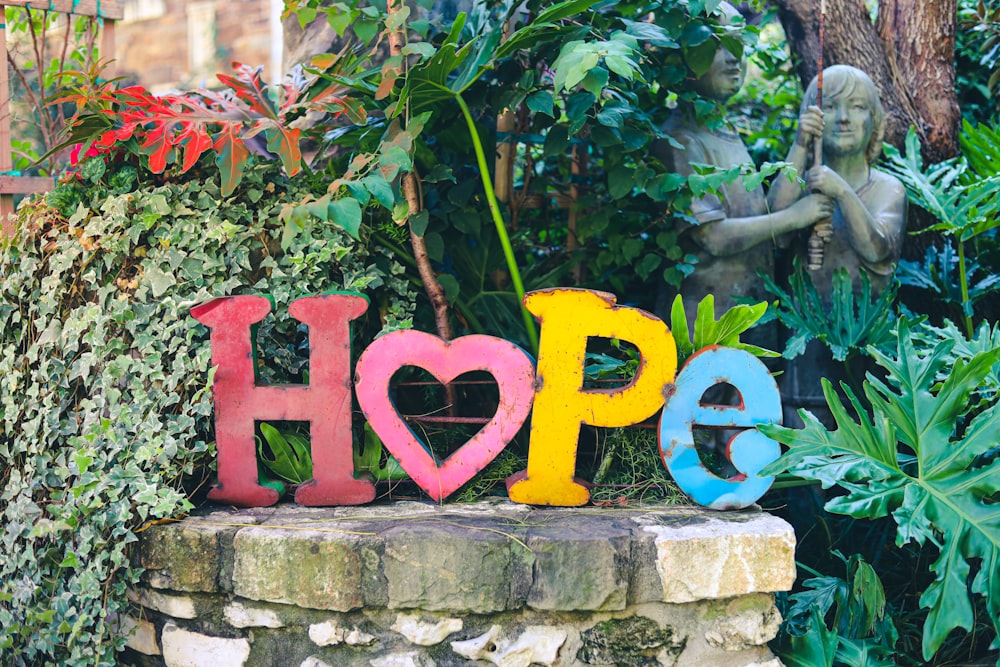“Hope is not a solitary virtue.”
Casey Cep wrote that line in a book review for the New Yorker, and it jumped right out of context and into my consciousness.
In fact, I read that line soon after returning from the Catholics Organized for Renewal witness and march at the Baltimore U.S. Bishops’ conference. We walked the chilly streets chanting “Bread Not Stones” as the bishops cozied up inside deliberating on whether to deny communion to President Biden and other prominent Catholics for their failure to speak out against abortion.

As we stood outside their hotel and called for the bishops not to weaponize the Eucharist, a protester from, ironically, Church Militant faced off against us. (The larger group was not due until the following day. By the way, what is with that name? Wasn’t Jesus, their inspirer, the one most noted for counseling peace? Just saying.) Anyway, the protestor, his mouth spouting vitriol, targeted primarily LGBTQI and pro-choice advocates, but he also managed to relegate all of us to eternal damnation if we did not change our ways – or views.
I always begin shaking when I see such anger manifest itself so close, but I began to shake even more when we rounded a corner and started heading toward a crowd of men with flags and banners waving. We saw they had labeled themselves: “Men United Against Abortion” and as we quickly passed by, some shoved posters with anti-choice slogans and vivid photos of aborted fetuses in our faces.
At least we were moving rather than static, and we were very prayerful. We signed our huge “Bread Not Stones” banner with short phrases of what the Eucharist means to each of us. This collection of quotes made its possible loss even more staggering and devastating.
What we never lacked throughout the whole witness was hope. In our circling march and quiet reflections, we demonstrated how much of a virtue communal hope is and how it inspires us always to go forward and never to give up.
And so, that day gave us – and we pass this on to you – a perfect transition into Advent.
The Sisters of Mercy Justice Team take us there, too, with their proclamation of this year’s Advent theme: “Another World Is Possible.” Keeping this theme in mind, they ask us to: “Spend some time this Advent dreaming of that world.” Again, how perfect. We dream of how to create a better world as we dream of how to create a better church.
The “we” is important. “We” do not dream alone; we dream in solidarity with others. The Mercy Justice website quotes Fratelli Tutti:
Solidarity means much more than engaging in sporadic acts of generosity. It means thinking and acting in terms of community…It also means combating the structural causes of poverty, inequality, the lack of work, land and housing, the denial of social and labor rights. . . Solidarity, understood in its most profound meaning, is a way of making history.

Then it gives us something to do, not march in the wind or stand prayerfully in the face of angry resistance this time, but something we can do alone together. During the first week of Advent, they recommend:
- Find a photo or a piece of art that speaks of hope and possibility to you and place it near your Advent wreath.
- Try to share a positive or hopeful news story with others this week.
- Place a dish of soil near your Advent wreath to remind you to make peace with our precious planet by choosing to live more sustainably. Soil is possibility; what seeds will you sow there?
I’ve already decided on my seeds – and they are practical and metaphorical at the same time: Thyme because the time to act is right now and urgently; sage because we need all the wisdom we can muster (plus wisdom has so many feminine connotations); rosemary because “rose” is the symbol of love and “Mary” is all of us waiting for the birth of something wondrous for the world.

3 Responses
What a splendid piece, Ellie. I’m inspired. Thanks so much.
Really powerful posting, Ellie, providing a clear view of the challenge that bearing witness for peace and justice presents in today’s hyper-militant atmosphere, but still insisting on the power of hope. I join you in hoping that the good seeds grow strong, and that the “church militant” thinks more about Jesus and his humility, as well as his legitimate anger at the money changers in the temple.
Consider:
http://www.pelicanweb.org/solisustv17n12page24.html
Prayers